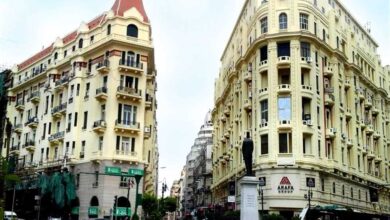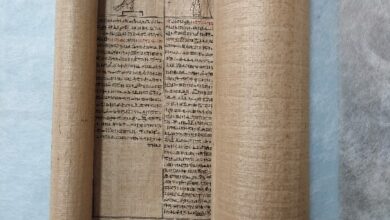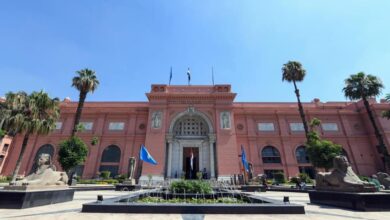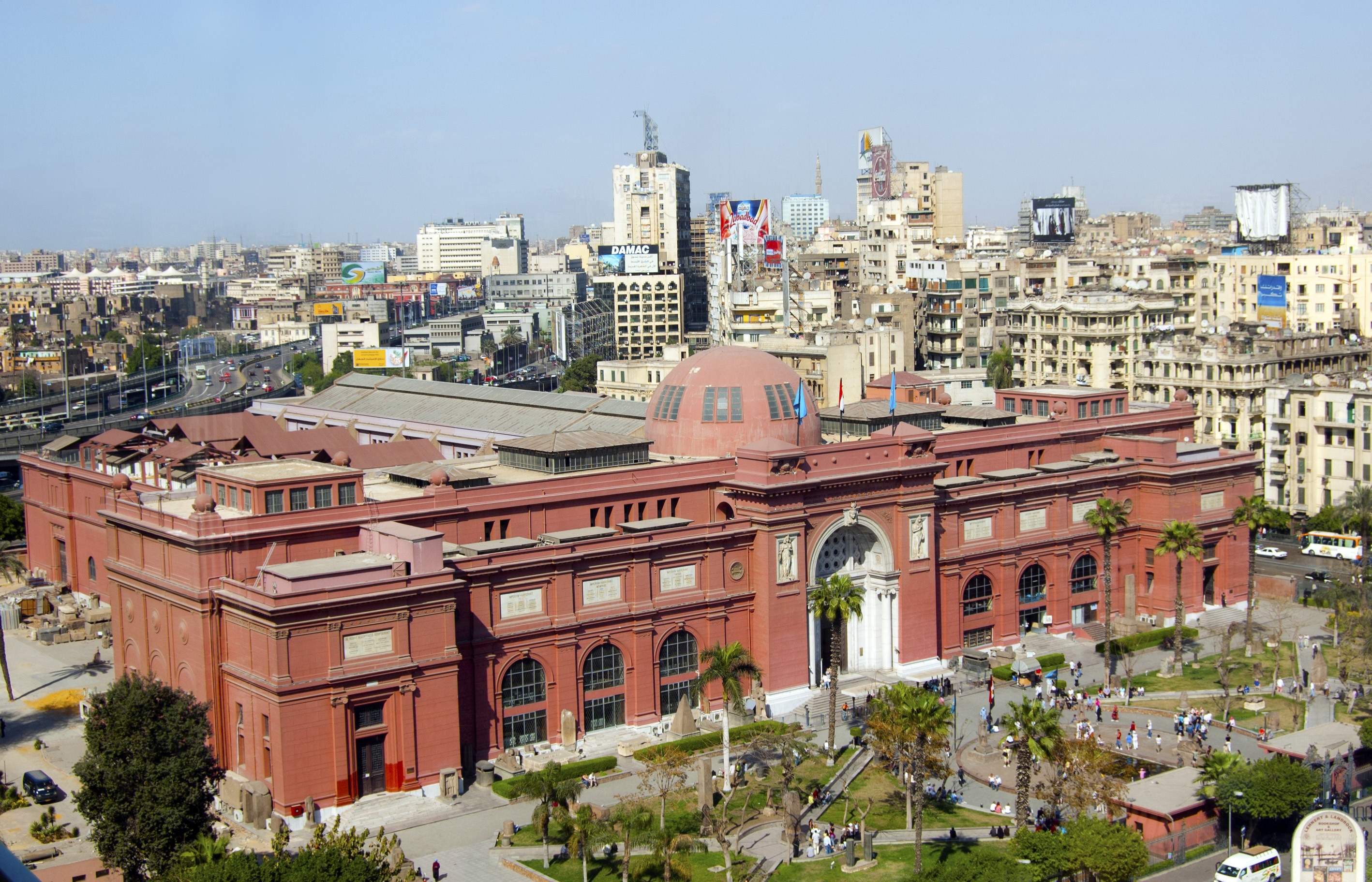Wednesday’s papers celebrate the much-anticipated court ruling that dissolved Egypt's municipal councils. The verdict was handed down yesterday, heeding resilient calls to eradicate what all political forces have been dismissing as bastions of corruption of Hosni Mubarak's former ruling National Democratic Party.
The ruling inspired different headlines: Al-Wafd, the Wafd Party mouthpiece, leads with, “A historical verdict dissolves local councils.” The privately-owned daily Al-Shorouk has a more dramatic headline: “The court declares the death of municipalities.”
The judge presiding over the case said the local councils derived legitimacy from the former regime, which ruined and corrupted everything in Egypt, according to Al-Shorouk. Local Development Minister Mohsen al-Nomani said the cabinet has no intent to appeal the verdict and that a meeting will be held with the prime minister today to examine how the ruling can be enforced and what agencies will run local affairs until new municipal councils are elected.
State-owned daily Al-Ahram leads with the clashes that erupted Tuesday night between the police and hundreds of protesters in Tahrir Square. Al-Ahram’s narrative suggests that around 800 protesters rallied in the square and started throwing stones at policemen, who responded by deploying tear gas. The paper says that violence broke out after a group of families of people who died in the revolution rallied outside the Interior Ministry near Tahrir Square and threw stones at the building to protest of the arrest of seven “riot instigators” in Agouza.
According to Al-Ahram, seven people were arrested when they tried to break into Balloon Theater in Agouza where an event for families of protesters killed during the revolution was being held. However, other accounts say 15 people were arrested from among a group of the relatives protesting outside the theater. The arrests provoked the rest of the famlies, prompting them to march to the Interior Ministry near Tahrir Square.
State-owned daily Al-Akhbar leads with the “unfortunate clashes in Tahrir Square.” The paper says that 79 were injured, including 26 policemen. It puts the blame on Mubarak supporters, quoting unnamed eyewitnesses as saying that the former president’s loyalists ignited feuds in Agouza before heading downtown to try to break into the Interior Ministry.
The incident brought to mind bad memories of police brutality against protesters during the early days of the revolution. While protesters appeared on satellite channels voicing anger over the police response, the state-owned press did not criticize the police. The coverage reinforces the argument of many observers that despite Mubarak's resignation and the reshuffling of top editorial positions, the state-owned press is still catering to those in power.
It seems that Mubarak’s saga will not be over anytime soon. Although the influx of his inflammatory speeches stopped with his arrest in April, his lawyer Farid al-Deeb has carried the mantle of making incendiary statements on his behalf. Al-Shorouk’s front page reads "Deeb’s surprises keep coming" in red font. The controversial lawyer is quoted as saying: “Mubarak was the first to support the revolution and the people are ready to donate money for his treatment.”
On Sunday, Deeb gave an interview to a private satellite channel and his comments were later highlighted in traditional media as well as on social media networks. Deeb said he filed a request to the attorney general requesting permission to bring Mubarak’s German doctor to examine him in Sharm el-Sheikh as his health is deteriorating. Al-Akhbar quotes Deeb in the same interview as contending that Mubarak does not have a single dollar outside Egypt and that all his cash – which the lawyer says is less than LE7 million – is deposited in state-owned Al-Ahly bank.
A recent poll conduced by the cabinet to probe Egyptians’ political views takes up significant space in most newspapers. However, each paper highlights different findings. Al-Ahram leads with: “Half of Egyptians do not know [Prime Minister] Sharaf", referring to the survey's finding that many Egyptians do not know top officials names. Thirty-seven percent of the sample did not know the name of the head of the Supreme Council of the Armed Forces, while 43 percent could not identify the prime minister, according to Al-Ahram.
Al-Shorouk's take is quite different with a headline reading, “39 percent of Egyptians dream of a just president…and 8 percent want the president to be religious.” If accurate, this finding is particularly interesting because it shows that the masses are not necessarily as Islamized as some political leaders might think. In the meantime, it might shake the self-confidence of many Islamist forces who believe their religious discourse gives them an edge over secular groups and will ensure their electoral success.
Egypt's papers:
Al-Ahram: Daily, state-run, largest distribution in Egypt
Al-Akhbar: Daily, state-run, second to Al-Ahram in institutional size
Al-Gomhurriya: Daily, state-run
Rose al-Youssef: Daily, state-run
Al-Dostour: Daily, privately owned
Al-Shorouk: Daily, privately owned
Al-Wafd: Daily, published by the liberal Wafd Party
Al-Arabi: Weekly, published by the Arab Nasserist party
Youm7: Weekly, privately owned
Al-Ahram: Daily, state-run, largest distribution in Egypt
Al-Akhbar: Daily, state-run, second to Al-Ahram in institutional size
Al-Gomhurriya: Daily, state-run
Rose al-Youssef: Daily, state-run
Al-Dostour: Daily, privately owned
Al-Shorouk: Daily, privately owned
Al-Wafd: Daily, published by the liberal Wafd Party
Al-Arabi: Weekly, published by the Arab Nasserist party
Youm7: Weekly, privately owned




